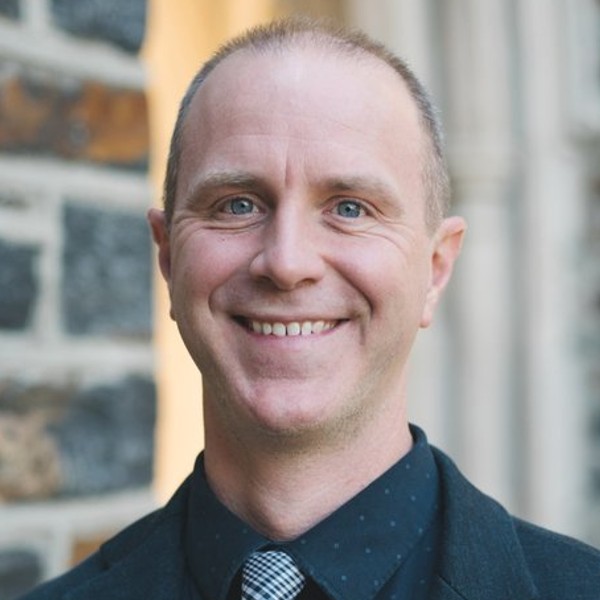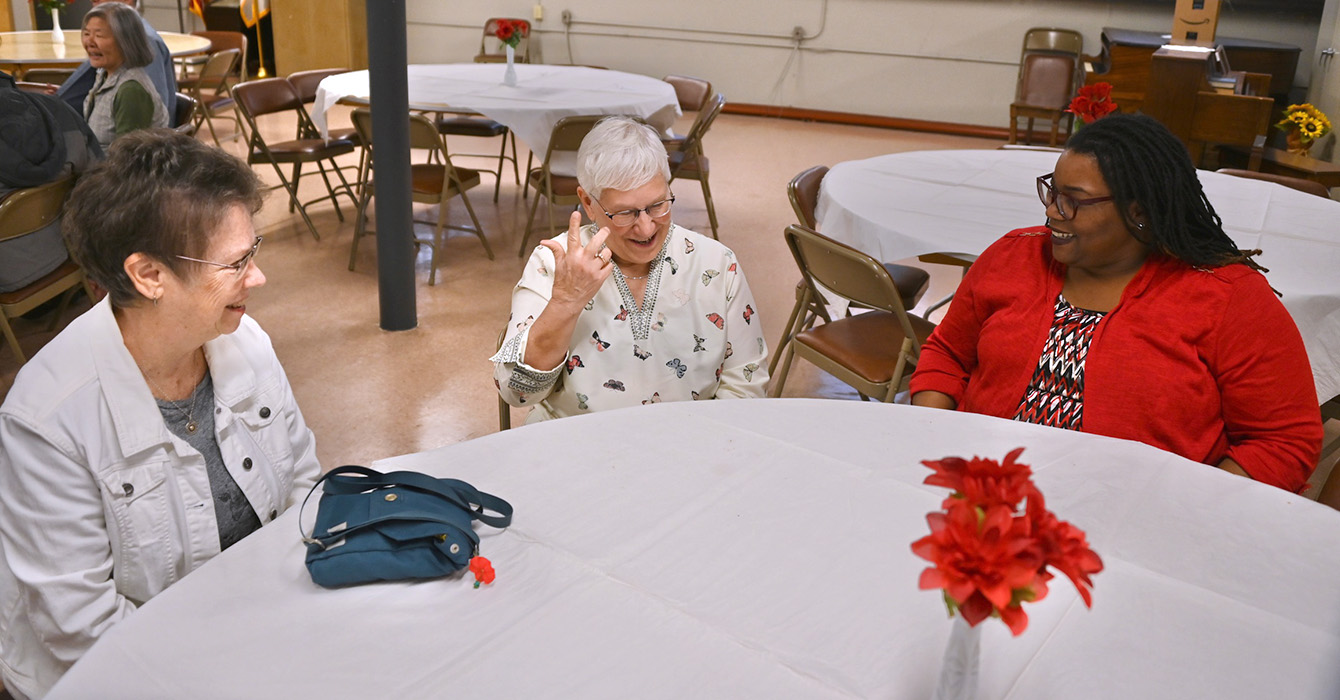Deeds of kindness and generosity are always included in the Christian kit. There was a bit of tension at the time of the Reformation concerning the origins and ends of such behavior, but generally speaking people who are Christian are conscious of the expectation -- or even obligation -- that they be involved in activities that improve the lives of others. Christian people are supposed to do good works, and most of us would say that we intend to do our best in that regard.
We hold no monopoly on that claim. Each of the world’s major religions places a measure of emphasis upon sensitivity and kindness in dealing with others. There is a Red Crescent as well as a Red Cross; and it is gratifying in times such as the recent tragedies in Haiti and Chile to see the ways in which people of all creeds and commitments “step up” to provide assistance to fellow human beings in peril or distress. Christians obviously have no monopoly on the intention to do good.
But here is a passing observation from within the Christian family: Good deeds that a disinterested observer might presume to be “Christian” are sometimes driven by habit or momentum rather than by any lively faith commitment in the present tense. Lately I have had occasion to witness some remarkable acts of benevolence, done by people raised in the church but not just now attuned to matters of the spirit (or Spirit).
There is the neighbor who now styles himself a “Christian alumnus” because of a faith-shaking encounter with an unscrupulous pastor; there is the college graduate who claims to have “set aside childish things,” such as participation in the life of any organized religious organization; there is the ecclesiastical “burn-out,” who has served diligently on innumerable boards and committees but now considers it impossible to recite the creed without confronting the shadow of unshakeable doubt. These people -- and surely others like them -- are still engaged in sensitive and even sacrificial acts of kindness just because the need is there. And most such people are unwilling, even unable, to give voice to their disbeliefs or bruit their doubts before addressing the manifest needs of those around them. They seem committed to “keep on keeping on” along well-worn paths of caritas and compassion, attending to the love of neighbor even while the capacity to express love for God seems inauthentic or downright impossible.
It is my settled conviction that such people are not far from the Kingdom. At least if you’re reading Matthew 25.
By no means do I intend this observation to be a camouflaged concession to works-righteousness. I stake my life on sola fide, and can’t think of any particular reason to allow the camel of self-satisfaction to get a nose under the tent of faith. But what’s noteworthy here, first of all, is the simple observation that there seems to be a reminiscent aroma of the fruits of the Spirit in the lives of some folks who are at present unable to hear -- or even listen for -- the Spirit’s bidding. Moreover, at least for me, there is the wishful thought -- call it hope if you can afford to -- that the embedded heart-habits of such people might some day rekindle the sort of “lively and reckless confidence in the grace of God” which motivated them in earlier times. I hope that might come to pass. But who knows?
I recall watching with bemusement and no little sympathy for her when the world conducted its spiritual post-mortem on Mother Teresa, after it became known that there were seasons of her life during which she struggled mightily for the capacity simply to believe. And all the while she was attending to the daily rounds of her ministry in Kolkata and affording the world a “best practices” exemplar of selfless service. How did she do it? Again, who knows? But maybe it was sheer habit and momentum that carried her through such times. Maybe there was a faith-engendered inclination to the good, even when the faith connection was by no means self-evident to her. Maybe that sort of thing happens in the lives of many of the rest of us from time to time, when Christian commitment is eclipsed by other challenges or claims upon our lives. And maybe the grace of God can work in and through such circumstances to claim both the deed and doer.
John W. Kuykendall is President and Thatcher professor of religion emeritus at Davidson College in Davidson, North Carolina. He is an ordained minister in the Presbyterian Church (USA).








